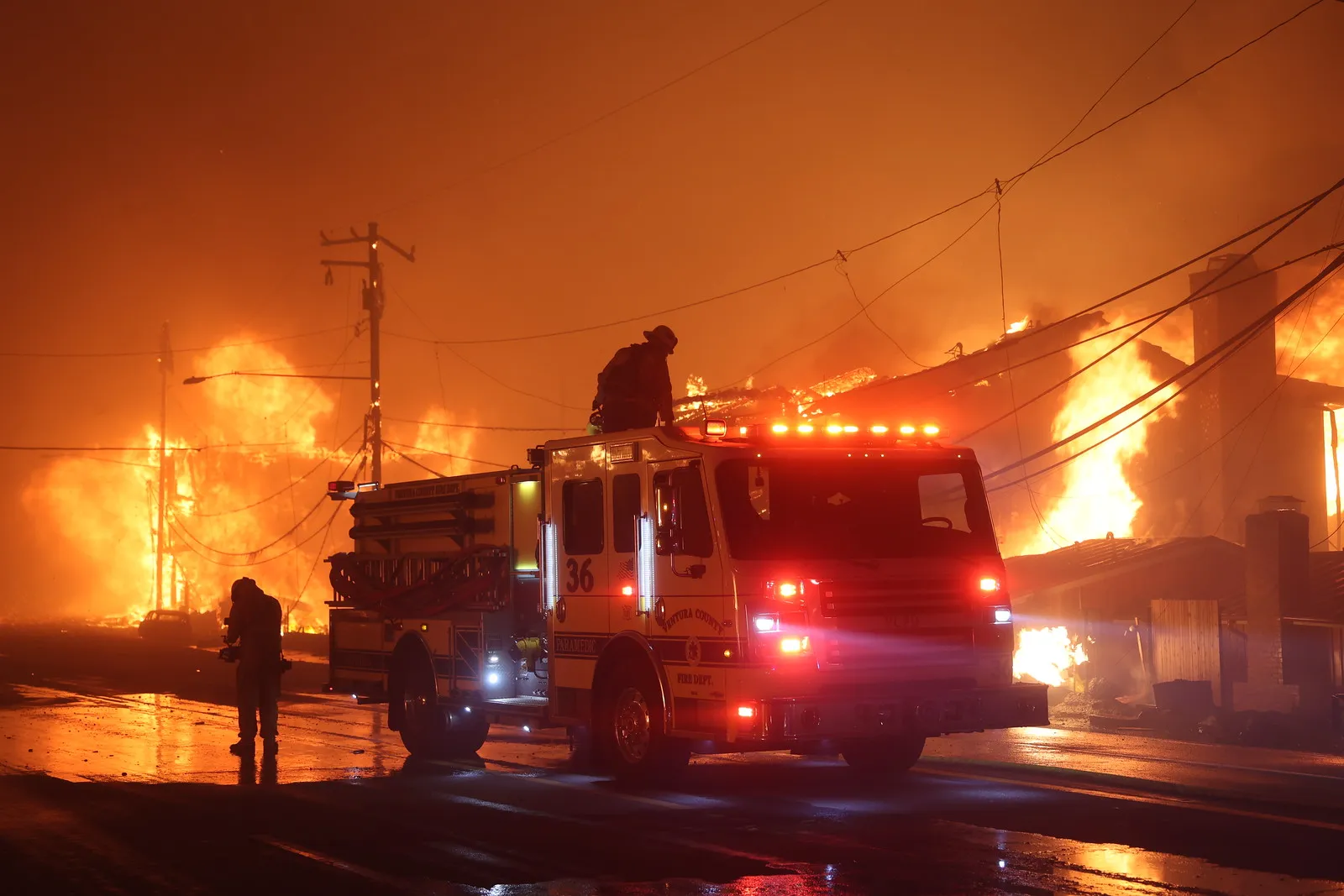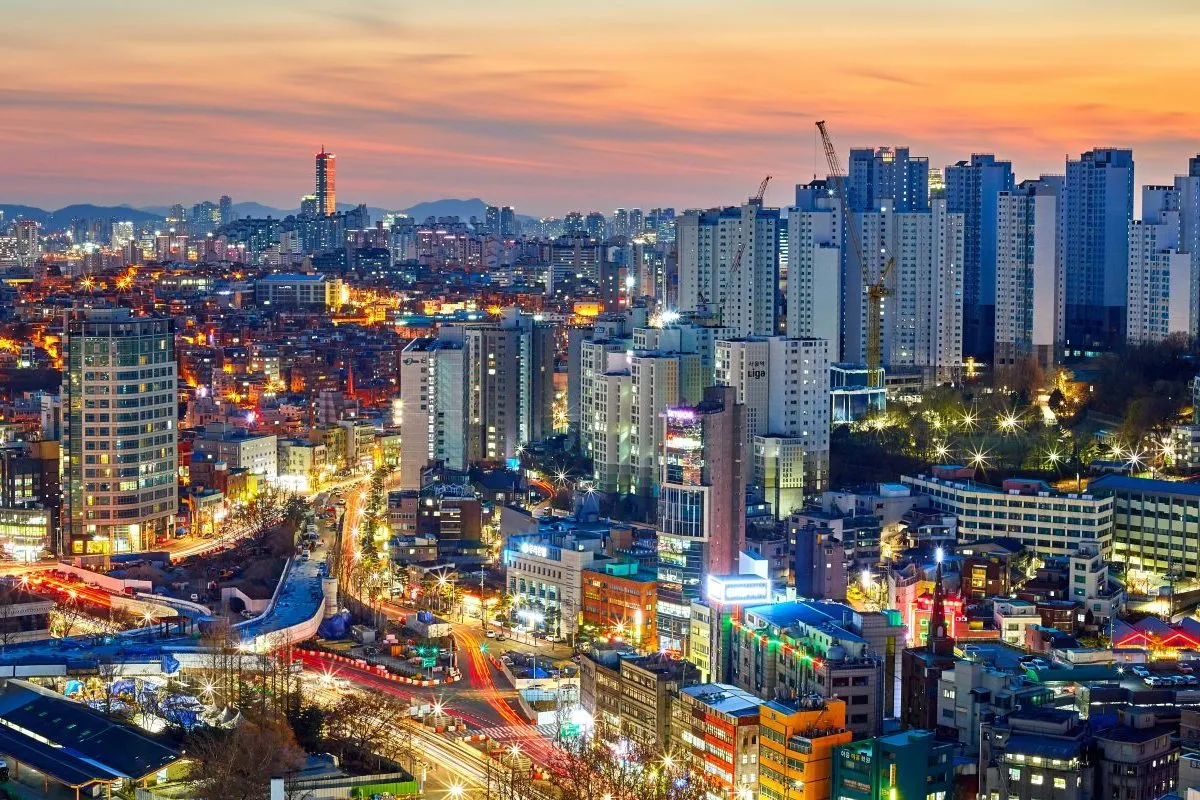U.S. Rep: Privatizing Amtrak's food service is a really bad idea
Skift Take
Rep. Nick J. Rahall is defending Amtrak against critics who want to privatize the railroad or at least some of its services.
Congressional opponents are stepping up their arguments to promote the demise of America's passenger rail service, as they have done for many years.
Their newest ploy, Rahall said on Friday, would be to convert dining cars into some sort of rolling McDonald's outlets. Some Republican members of Congress are demanding Amtrak to contract out food and beverage services to the lowest bidder.
Their arguments point out, Rahall said, that Amtrak's food and beverage services lose money every year, if those services are analyzed as a separate budget item.
Rep. John L. Mica, R-Fla., chairman of the House Transportation and Infrastructure Committee, held a news conference Friday at a McDonald's outlet in Washington.
Mica criticized what he called "outrageous taxpayer subsidies for Amtrak food and beverage service."
Amtrak's losses in food and beverage service totaled $833 million during the last 10 years, he said.
"It costs passengers $9.50 to buy a cheeseburger on Amtrak, but the cost to Amtrak is $16.15 each. Riders pay $2 for a Pepsi, but it costs Amtrak $3.40 to serve each of these sodas."
At his news conference, Mica said he ate a burger and a soda that each cost him $1.
But it is very misleading and inaccurate, Rahall said, to include the complete salaries of Amtrak food service workers in calculating the costs of food and drinks.
"Most of us who ride Amtrak don't get to witness all the important functions the friendly faces who take our food orders are capable of performing when an emergency need arises," he said.
Dwayne Bateman, an Amtrak food and beverage service employee for 35 years, testified at a recent Congressional hearing.
At the hearing, Bateman's testimony detailed the training these employees get to help them carry out their other responsibilities:
--Emergency preparedness training to respond to derailments, fires, injuries and illnesses. Every two years, Amtrak workers also must take retraining classes about administering CPR and using automatic defibrillators.
--On-board passenger safety training to help passengers follow basic rules and requirements, including wearing shoes at all times, not standing in vestibules, not running and using luggage racks. They also help insure safe boardings and departures.
--Training to assist passengers with disabilities, as well as overseeing the use of service animals, such as seeing-eye dogs.
--Emergency evacuation training to help passengers leave trains in emergencies. This training focuses on specific kinds of accidents, such as emergencies inside railroad tunnels.
--Training on how to respond to bomb threats and how to identify "unattended Items" that could pose dangers.
--Training about U.S. Food and Drug Administration policies about handling food and monitoring refrigerators, freezers and water storage tanks.
If Mica's proposals became law, Rahall said, Bateman and 1,242 other Amtrak workers would lose their jobs.
Amtrak should make some improvements in its food services, Rahall added, but those improvements can be made without massive layoffs.
"The Republicans want to sacrifice workers," Rahall said, for "cheaper cheeseburgers. That's a whopper of a bad idea, if I ever heard one."
Amtrak's president and CEO Joseph Boardman stressed that bidding out food services jobs would drastically cut wages and benefits.
Young people who might be attracted to take those jobs, Boardman warned, might want them to help pay college costs or help them support young families.
But those youngsters, Boardman added, "would find the work schedule of the average Amtrak employee simply unworkable."
Increased training costs would arise from a high turnover rate, Rahall added, and "passenger safety would ultimately be compromised by less trained, less experienced contract employees."
(c)2012 The Charleston Gazette (Charleston, W.Va.). Distributed by MCT Information Services
![]()




